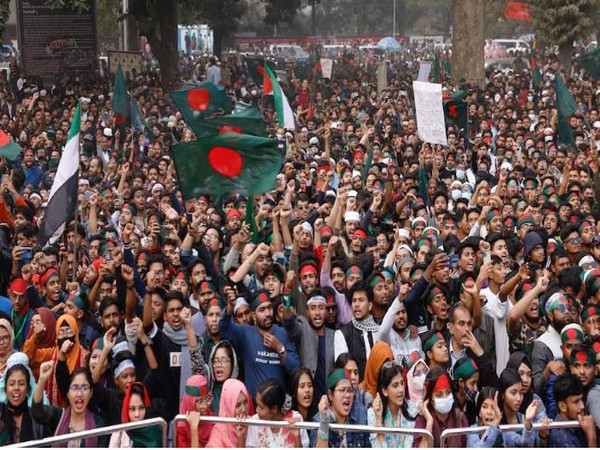Bangladesh's Fragile Path to Reform: A Post-Hasina Era Challenge
In the wake of mass protests ousting Sheikh Hasina's regime, Bangladesh faces pressing needs for systemic reform. Human Rights Watch's report calls for the interim government to implement structural changes to ensure long-term democratic governance amid ongoing human rights concerns.

- Country:
- Bangladesh
In a report released by Human Rights Watch, the aftermath of massive protests that ousted Prime Minister Sheikh Hasina in August 2024 has highlighted the critical need for systemic reforms in Bangladesh. The 50-page document titled "After the Monsoon Revolution: A Roadmap to Lasting Security Sector Reform in Bangladesh" outlines the importance of establishing political neutrality and separation of powers within key institutions such as the judiciary, civil service, police, and military.
The interim government, led by Muhammad Yunus, appointed by student activists, has made substantial efforts towards accountability but risks losing momentum without immediate structural reforms. As democracy claimed the lives of nearly 1,000 citizens, Elaine Pearson, Asia Director at Human Rights Watch, emphasized the opportunity to shape a future that respects human rights, warning against the potential backslide without firm changes.
Progress includes commitments to halt extrajudicial actions and enforced disappearances, with six commissions launched to focus on electoral systems, justice, public administration, and anti-corruption measures. Yet, Human Rights Watch reports enduring security force abuses targeting former Awami League members, with significant detentions and investigations continuing despite promises of reform.
(With inputs from agencies.)
ALSO READ
Iran's Economic Turmoil: Protests Over Cost of Living Escalate
Unrest in Iran: Protests Surge Amid Economic Crisis
Youth Congress Protests Stir Action in Sabarimala Gold Theft Investigation
Curfew in Latakia: Protests Spark Violence in Syrian Alawite Stronghold
Iran Seeks Dialogue Amid Economic Protests and Currency Crisis










